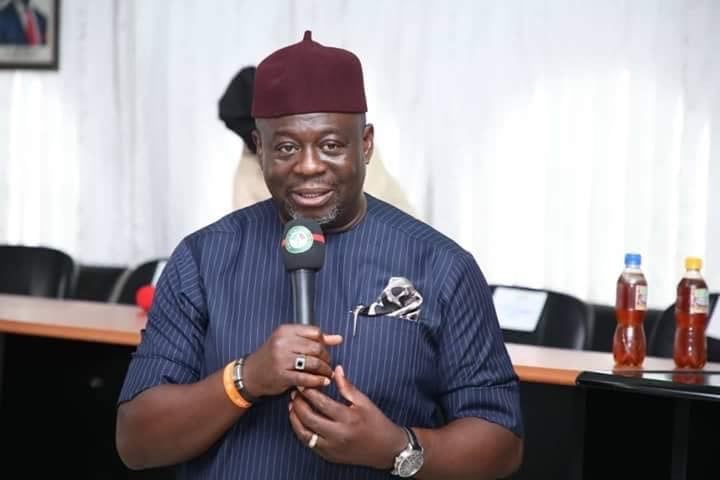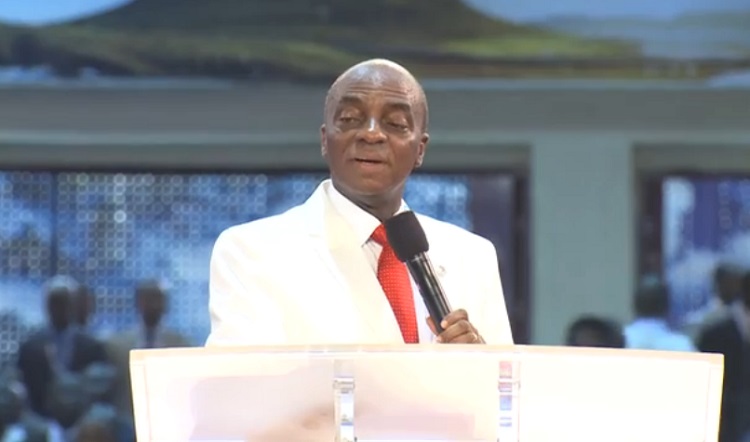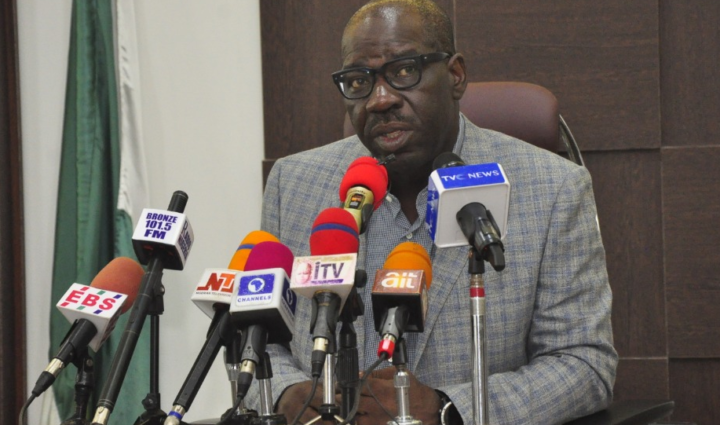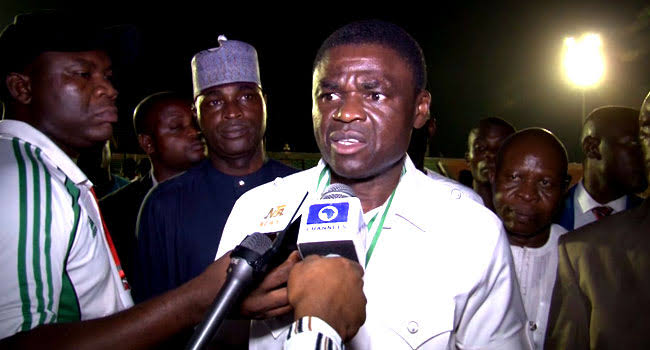BY ANGIE BELLO
The Parliament of the United Kingdom’s All-Party Parliamentary Group (APPG) for International Freedom of Religion or Belief recently launched a report, “Nigeria – Unfolding Genocide?” which is now being processed into other bye-products like letters, opinion articles, analyses and just about any other format that suggests the intent of the report is less than sincere.
As a document, “Nigeria-Unfolding Genocide?”, is sparse on facts, generous with half-truths, replete with conjectures and heavy on mischief. The very disclaimer at the start of the 56-page document speaks of an international fraud committed against those that have been misled to put faith in what the authors wanted them to believe.
The disclaimer reads: “This is not an official publication of the House of Commons or the House of Lords. It has not been approved by either House or its committees. All-Party Groups are informal groups of Members of both Houses with a common interest in particular issues. The views expressed in this report are those of the Groups.”
Advertisement
But the APPG members have been busy spinning letters off the report, including one that is asking that the document forms a basis for redirecting the UK’s bilateral aid to Nigeria for other interests. So, the report on one hand is claiming not to be the formal position of the UK Parliament but in the same breadth its authors are asking that it forms a basis of recalibrating relations with Nigeria. The claim is the that the APPG and its report are unofficial versus the fact is that it is being deployed as a policy document.
APPG members are reportedly “alarmed by the dramatic and escalating violence in Nigeria characterised as the farmer-herder conflict. This violence has manifested along ideological lines, as the herders are predominantly ethnic Fulani Muslims and the farmers are predominantly Christians.” False! First, APPG members are not alarmed by the violence, which is more of persistent than escalating and by the way scenarios that result in the loss of human lives should not be trivialized by being described as “dramatic”. The greatest falsehood is to market the Muslim/Christian brand in describing the farmers/herders’ conflict. The herders do clash with communities that are predominantly Muslim – it is a conflict in which climate change, urban sprawl and cultural factors play significant roles as opposed to being reduced to an ethno-religious excuse. By the way, there are other security breaches like Boko Haram and banditry, so APPG went sparse on facts by encapsulating everything in farmers/herders’ crisis.
The document reported the death of no less than 6000 Christians as the basis for alleging a genocide. Fewer fatalities than that qualify as a genocide when an ethnic, national, racial, or religious group—in whole or in part – is targeted for destruction or extermination. Even one death on the bases of the aforementioned grouping is condemnable. But the fact is that as many as 39,192 persons have been killed by the combined actions of terrorists (Boko Haram/ISWAP), and state actors in the period between 2011 to date, according to the Nigerian Security Tracker produced by the African Programme at the Council for Foreign Relations (accurate statistics remains elusive for several reasons). APPG somehow managed to classify 15% of the tragic deaths in Nigeria since 2011 as constituting genocide, which implies that the other over 30,000 deaths do not matter or should not be a source of concern because they do not belong to the same sectarian leaning as the members of the APPG.
Advertisement
The group claimed that hundreds of churches have been destroyed by Islamists. The fact: churches were destroyed but the exact count is not known. But mosques were also destroyed and in large numbers too. Singling out the number of churches destroyed without acknowledging that other religions came under terrorists’ attack is capable of provoking retaliatory mindset that will cause violence to further spiral. It cannot be put past the APPG that it has the ulterior motive of making the violence in Nigeria to spiral, possibly out of control.
Part of the misleading claims in the report include the conclusion of “the Nigerian Government’s failure to respond adequately to the violence, to protect communities or to bring perpetrators of violence to justice.” It is surprising that APPG came to this conclusion considering the sources of its information, which is mostly from newspaper reports, international and local NGOs like Amnesty International, as well as interviews with persons who have vested interests in the crisis. The same news outlets that the group gleaned its information from are replete with the successes that the military as well as other security agencies in Nigeria have recorded in making arrests or even neutralizing terrorists and other criminals in the course of operations that are launched to keep the people safe. The APPG’s NGO sources have even had cause to accuse the military if being high handed in dealing with terrorists, whom they prefer to be arrested than being killed in encounters with the military.
Glaringly absent is the failure of APPG to highlight the external factors that have allowed light weapons to freely flow into the regions where there are conflicts. The least that should happen is for the APPG to persuade its own government to take responsibility for the fragility that is sweeping through the security landscape of Africa instead of grandstanding about genocide. If the UK must shirk responsibility for its role in what is happening in Nigeria it should not be by way of lying about a genocide when people of all different sectarian persuasion are being killed.
Bello sent this piece from Abuja.
Advertisement
Add a comment



